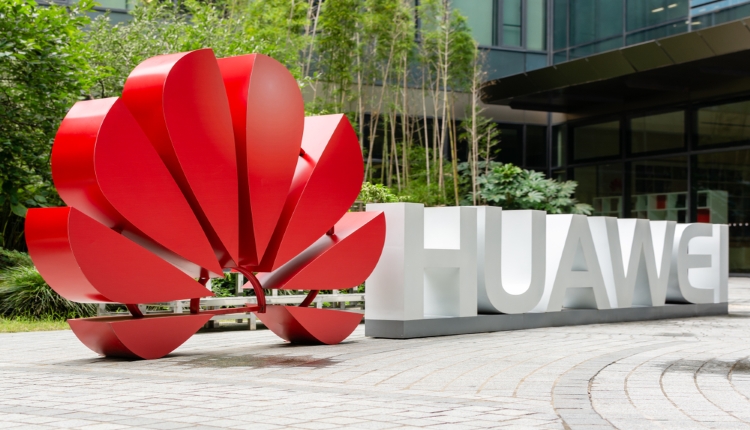
Will Huawei Revert to Ground Zero
Even before it can completely emerge from one, Huawei Technologies Co faces another problematic hurdle.
Since last year, the Chinese tech giant tops technology news when successive back turning from its business partners happened, brought by “politically-motivated” sanction by the US.
The Trump administration accused the company of espionage. This placed the firm as a national security threat to the United States.
Today, the US Department of Commerce denies the multinational technology company access to foreign-made chips that are developed or produced with US software and technology. Thus, cutting the company’s link to another crucial component to its smartphone business.
The department added 38 Huawei affiliates onto a blacklist, restricting US companies from doing business with those included in the list.
The new rule entails that non-US firms are not allowed to sell chips to Huawei made in the US without a special license.
This poses another challenge to the already tight position of Huawei. Analysts predict that the company has only up to a year of supply in its stockpile, just enough for this year’s production.
If it cannot access the semiconductors it needs, a billion-dollar worth of revenue is at stake, putting its entire smartphone manufacturing in jeopardy.
The effect of the restriction on Huawei sales could be severe, if not lethal. This will leave the firm gasping for suppliers for the next year.
Last year, the firm’s consumer division, which includes modern technology smartphones and laptops, generated $66.93 billion. This accounts for 54% of the total revenue.
Today, the Trump administration clarified that the move is in line with concerns on the tech company granting access to the Chinese Communist Party to Americans’ private information.
Trade War and Chinese Technology Companies
If there are firms that receive the most painful blow of the on-going trade war between Washington and Beijing, it would probably be the Chinese tech companies.
Earlier this month, the Trump administration issued an executive order which will effectively ban the popular Chinese app TikTok and Tencent’s WeChat from the US.
The US-China high-level talks set last Saturday was postponed, leaving the phase-one of trade agreement in an indefinite situation.
Analysts predict that relation between the two countries is already going towards a point of no return, and another cold war is possibly looming in the corner.
Just as we thought that modern technology could bind people closer together, the successive bans and restrictions suggest otherwise.
The quest for world hegemony entails the issuance of rules that may compromise consumer access to technology, thereby putting a more significant divide among the people.


